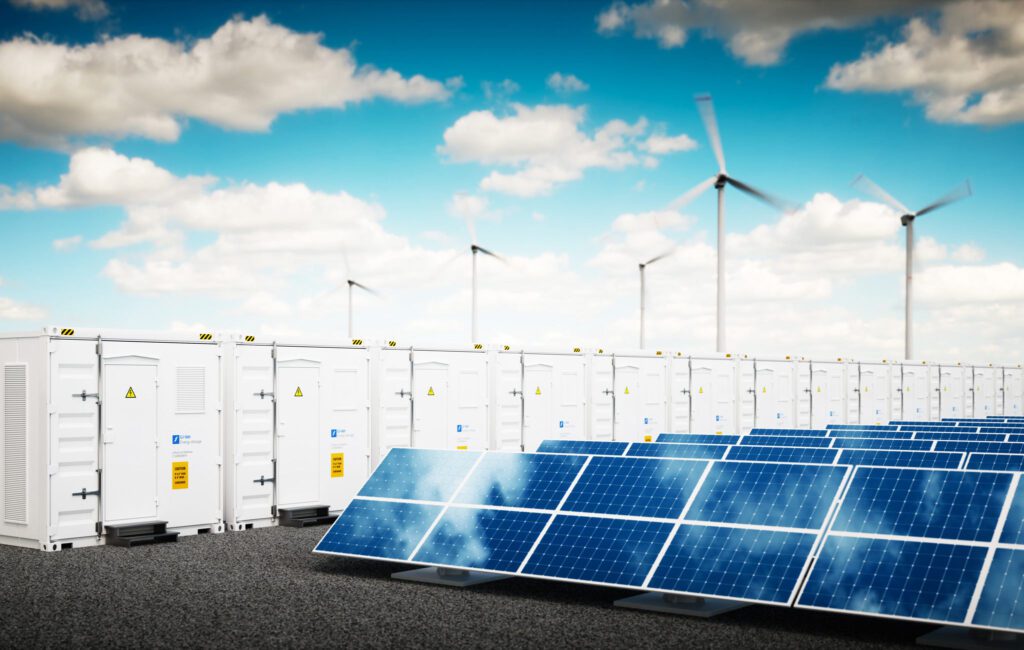This article discusses the advancements in clean energy technology and their positive impact on the environment. Renewable energy sources such as solar, wind, hydro, and geothermal power are highlighted for their ability to produce energy without depleting resources or causing harmful emissions. Solar power and wind power are specifically mentioned, with improvements in solar panel technology and the development of solar-powered batteries allowing for increased efficiency and energy storage. Energy storage solutions, such as lithium-ion batteries and pumped hydro storage, are also explored as ways to bridge the intermittent nature of renewable energy production. Smart grids and energy management systems are discussed as tools for monitoring and optimizing energy consumption. The article concludes by emphasizing the potential for these sustainable tech solutions to move us towards a greener and more sustainable future.
Sustainable Tech Solutions: Advancements in Clean Energy and Environmental Impact
Introduction
In recent years, the world has witnessed a growing concern about the impact of human activities on the environment. As a result, the demand for sustainable technology solutions has significantly increased. This article explores some of the latest advancements in clean energy and their positive environmental impact.
Clean Energy Sources
Renewable energy sources such as solar, wind, hydro, and geothermal power have gained significant attention due to their ability to produce energy without depleting finite resources or causing harmful emissions. Solar energy, harnessed through the use of photovoltaic panels, is a popular choice due to its abundance and versatility. Wind farms, on the other hand, utilize wind turbines to convert wind power into electricity.
Solar Power
Solar power offers numerous advantages, including reduced greenhouse gas emissions, lower operating costs, and long-term energy savings. With advancements in solar panel technology, their efficiency has improved, allowing for a more significant conversion of sunlight into usable energy. Moreover, the development of solar-powered batteries enables the storage of excess energy, making solar power accessible even during non-daylight hours.
Wind Power
Wind power has gained traction as a clean energy source due to its operational efficiency and relatively low environmental impact. Wind turbines have seen significant advancements, with larger blades and taller towers allowing for increased electricity generation. Additionally, offshore wind farms have emerged as an exciting frontier in wind energy, harnessing strong coastal winds to power nearby regions.
Energy Storage Solutions
One of the major challenges in utilizing renewable energy sources effectively is the intermittent nature of their production. However, advancements in energy storage technologies have helped bridge this gap, ensuring a continuous and reliable power supply.
Battery Storage
Lithium-ion batteries, commonly used in portable electronic devices, have found their way into renewable energy systems as efficient storage solutions. These batteries can store excess energy generated during peak periods and release it during times of high demand. By integrating battery storage into solar or wind energy systems, dependence on traditional fossil fuel-based grids is reduced, minimizing greenhouse gas emissions and costly power outages.
Pumped Hydro Storage
Pumped hydro storage is another innovative approach to store energy for later use. It works by pumping water from a lower reservoir to a higher one when there is surplus energy and releasing it back through turbines to generate electricity when the demand increases. By utilizing excess renewable energy during low-demand periods, pumped hydro storage systems contribute to a more stable and sustainable grid.
Smart Grids and Energy Management
Technological advancements have not only improved clean energy production and storage but also revolutionized how we manage and optimize energy consumption. Smart grids, equipped with modern sensors and intelligent systems, play a crucial role in monitoring and controlling energy flow through the grid.
Smart Meters
Smart meters allow energy providers to track energy usage accurately and provide consumers with detailed information about their consumption patterns. By being aware of their energy usage habits, individuals and businesses can make informed decisions to reduce waste and save costs. Additionally, real-time data provided by smart meters enables utility companies to manage energy distribution efficiently and identify areas for improvement.
Energy Management Systems
Energy management systems, combined with smart meters, empower consumers to actively monitor and control their energy consumption. These systems utilize computer algorithms and artificial intelligence to analyze energy usage data and optimize consumption patterns. By identifying energy-consuming devices and suggesting efficient practices, individuals can make a significant impact on reducing energy waste and associated costs.
Conclusion
The growing demand for sustainable technology solutions has prompted remarkable advancements in clean energy production, energy storage, and energy management. Through the utilization of renewable energy sources, efficient storage technologies, and intelligent energy management systems, we have the potential to mitigate the environmental impact of our energy usage. By adopting these sustainable tech solutions on a broader scale, we can move towards a greener and more sustainable future.
